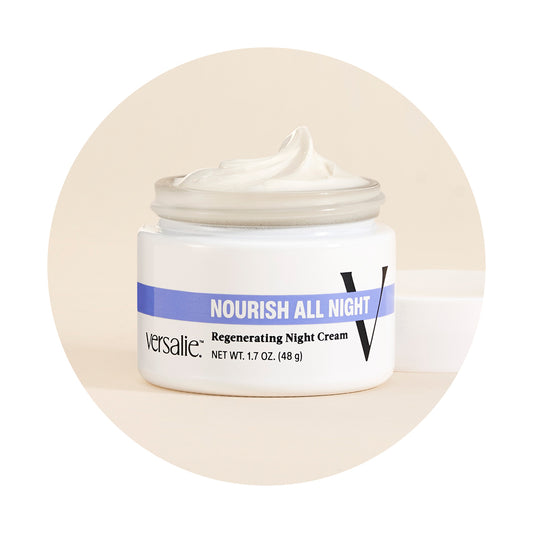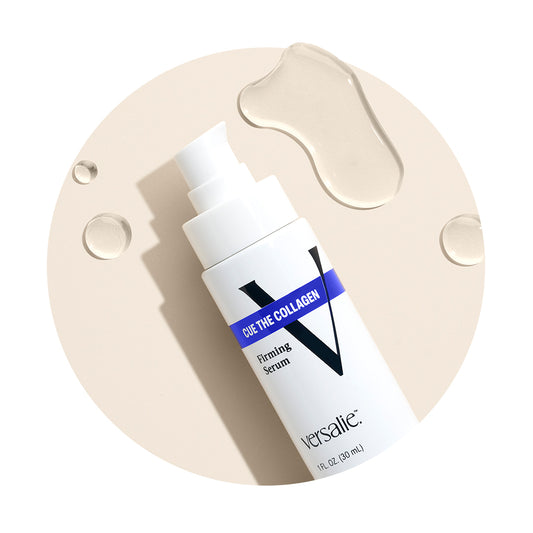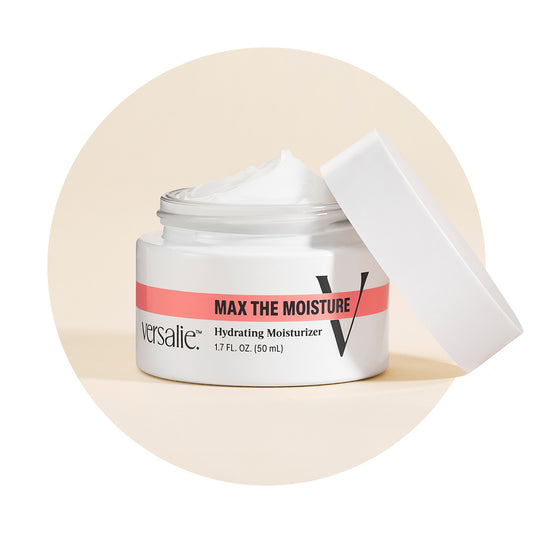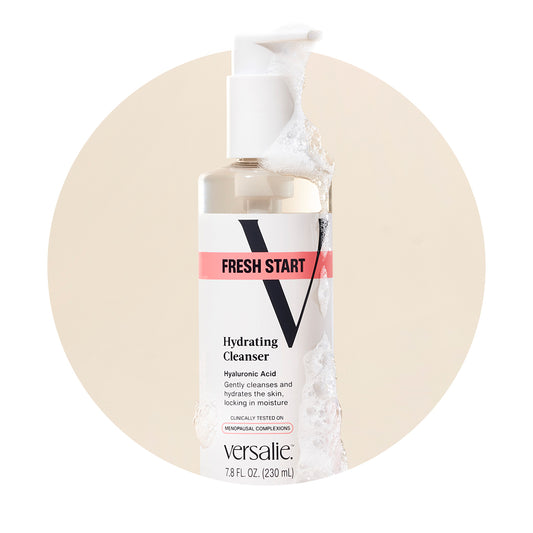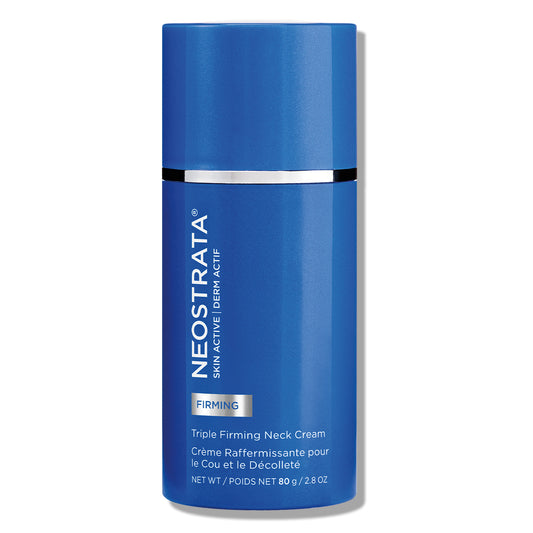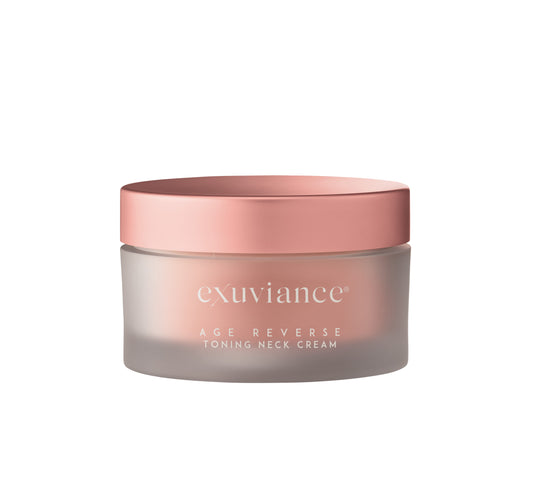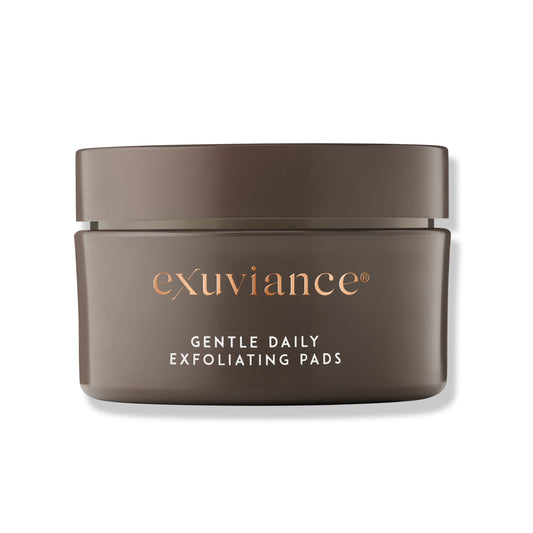As you age, so does your skin — and your tattoos. Yes, it’s yet another thing you can blame on lower levels of estrogen, which affect the production of collagen and result in less elasticity and more wrinkles and dryness. Luckily, whether you want to preserve an aging tattoo or want to get a new one, we’ve got some tips and tricks that can help.
How can I keep aging tattoos looking good?
One thing that probably wasn’t on your mind when you got that tattoo at 25 is how it would look 30 years later. As we age, wrinkles, stretch marks, and looser skin are more likely to occur. This may lead to changes to the shape or richness of the ink color. The good news is you can minimize the dry, flakey damage by protecting your skin.
Use sunscreen every day
It’s something your dermatologist has said over and over again — for good reason. Not only does sunscreen with SPF30 or above help protect skin from dryness, it can also help fade dark spots and decrease the risk of skin cancer.
Choose a mild cleanser
While you might like the squeaky clean you get with soap, for mature skin it can be much too drying. It’s much better to look for a cleanser that hydrates as it cleans.
Moisturize, moisturize, moisturize
We can’t say it enough (obviously). Whether you’re just getting out of the shower or you’re out and about in the middle of the day, it’s always a good time to apply moisturizer to dry skin. Reach for one with glycerin or hyaluronic acid. Additionally, products that contain retinol or peptides can help increase collagen to help tighten skin. If you find retinol to be drying, alternate with an additional moisturizer that doesn’t contain retinol.

Am I too old to get a new tattoo?
Is all this tattoo talk making you start thinking about putting some ink to forearm? You’re not alone. In fact, 16% of people over 55 have at least one tattoo. Here are some things you can do to help make sure your decision to get one ages well:
- Drink lots of water. It doesn’t just quench your thirst. Water hydrates dry skin as well, helping to preserve elasticity.
- Choose your ink wisely. While light and bright might complement your personality, black and greyscale colors are known to last longer. Additionally, whatever color you choose, confirm with the artist the quality of the ink is high. Consider asking friends (or even your dermatologist) for recommendations for places to get a tattoo.
- Keep it simple. As aging skin is more delicate, it’s better to choose less intricate designs to avoid irritating it.
- Consider the location. Some parts of our body will stretch and wrinkle a lot more than others as we age.
- Be patient. Cells divide more slowly in aging skin, which causes it to take longer to heal. It’s also more prone to infection. So, it’s important to be patient and maintain good hygiene as you wait for the big reveal.
Getting a tattoo is a fun, very personal choice — at any age. And like you, the better you care for it, the better it’ll age.



